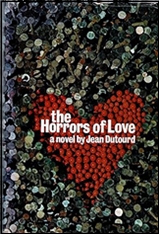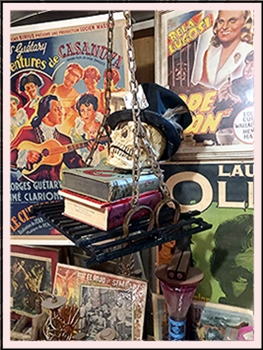Tue 15 Apr 2025
A Movie Review by Jonathan Lewis: THE INFILTRATOR (2016).
Posted by Steve under Crime Films , ReviewsNo Comments
THE INFILTRATOR. Warner Brothers, 2016. Bryan Cranston, Juliet Aubrey, Diane Kruger, John Leguizamo. Benjamin Bratt, Amy Ryan. Director: Brad Furman.

In this 2016 biopic based on true events, Bryan Cranston (Breaking Bad) shines as Robert Mazur, a Customs Agent tasked with an undercover assignment to bring down a Colombian drug cartel and their money laundering collaborators.
Assuming the fake identity of a New York mafioso named Bob Musella, Mazur develops a close friendship and business partnership with Colombian kingpin Roberto Alcaino (Benjamin Bratt), a man who seeks his role in the cocaine trade as strictly business. Mazur/Musella also interacts with a coterie of oddball characters, killers, and criminal bankers all too eager to take the cartel’s cash and launder it through Bank of Credit and Commerce International (BCCI).
Much of the movie is devoted to showcasing how very dangerous Mazur’s assignment was. More than once does he narrowly escape death. Fortunately for him, he has reliable partners in Emir Abreu (John Leguizamo) and Kathy Ertz (Diane Kruger), who also goes undercover and poses as Musella’s fiance.

The Infiltrator isn’t the type of movie that holds your hand and guides you gently through the proceedings. It moves at breakneck speed, particularly at the beginning, and rarely gives you a chance to catch your breath and decipher who is doing what to whom. This music video style of filmmaking doesn’t always serve the movie well – there are some scenes which are just too short and confusing – but overall, when it works, it works extraordinarily well.
Overall, I enjoyed this one. More than I thought I would, I should add. Cranston really holds it all together. Without him, I am not sure the movie would have clicked for me the way it did.















